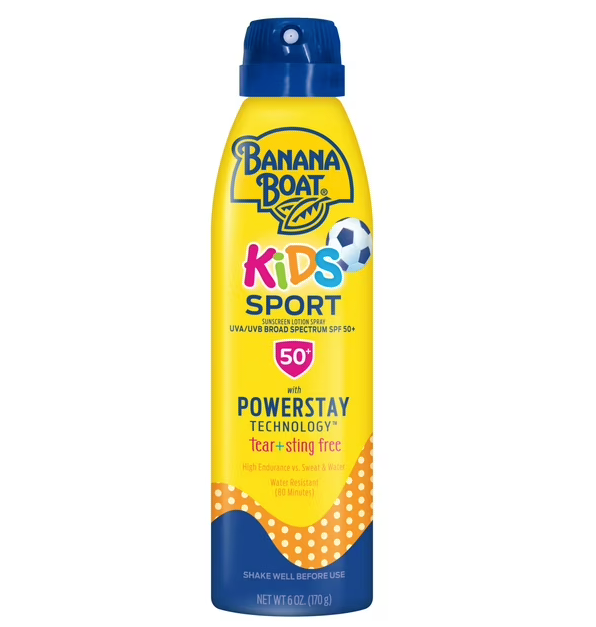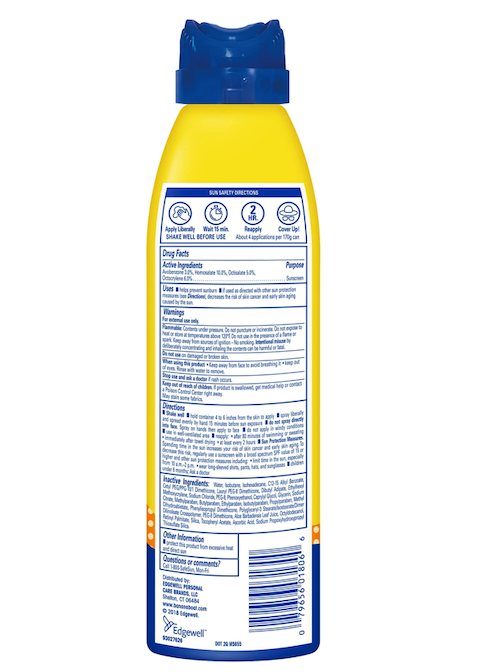Mineral sunscreen, is a type of sun protection that uses natural minerals as active ingredients to block or scatter ultraviolet (UV) rays from the sun. Zinc oxide and titanium dioxide are the two primary minerals used in mineral sunscreens.
Here's how mineral sunscreens work:
Zinc Oxide: This mineral provides broad-spectrum protection against both UVA and UVB rays. It works by sitting on the surface of the skin and forming a physical barrier that reflects and scatters the UV rays.
Titanium Dioxide: Like zinc oxide, titanium dioxide is another mineral that creates a physical barrier on the skin to block UV rays. It's effective at protecting against both UVA and UVB rays.
Key Characteristics of Mineral Sunscreens:
- Gentle on Skin: Mineral sunscreens are often considered gentle and suitable for individuals with sensitive skin. The minerals sit on the skin's surface and are less likely to cause irritation compared to some chemical sunscreens.
- Immediate Protection: Mineral sunscreens provide immediate protection upon application, as they create a barrier on the skin.
- Reef-Safe: Many mineral sunscreens are considered reef-safe, making them environmentally friendly. They don't contain certain chemicals that can harm marine life and coral reefs.
- Broad-Spectrum Protection: Mineral sunscreens offer protection against both UVA and UVB rays.
Drawbacks of Mineral Sunscreens:
- White Cast: One common drawback of mineral sunscreens is the potential for a white cast on the skin. This is more noticeable in formulations with higher concentrations of zinc oxide or titanium dioxide.
- Thicker Texture: Mineral sunscreens tend to have a thicker consistency, which may feel heavier on the skin compared to some chemical sunscreens.
- Limited Water Resistance: Mineral sunscreens may be less water-resistant than some chemical sunscreens, making them less suitable for water activities.
In recent years, advancements in formulation technology have addressed some of the traditional drawbacks of mineral sunscreens, resulting in more cosmetically elegant products with improved texture and reduced white cast. Ultimately, choosing mineral and chemical sunscreens depends on individual preferences, skin type, and specific needs.



